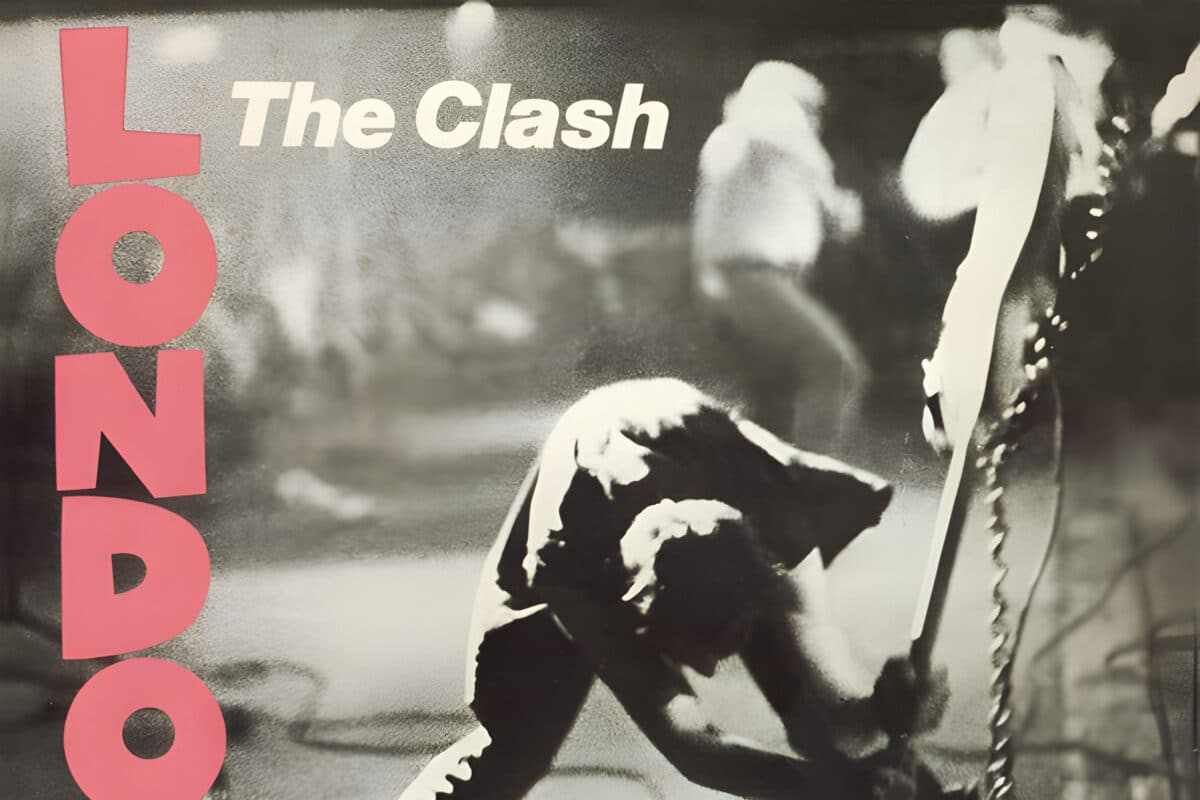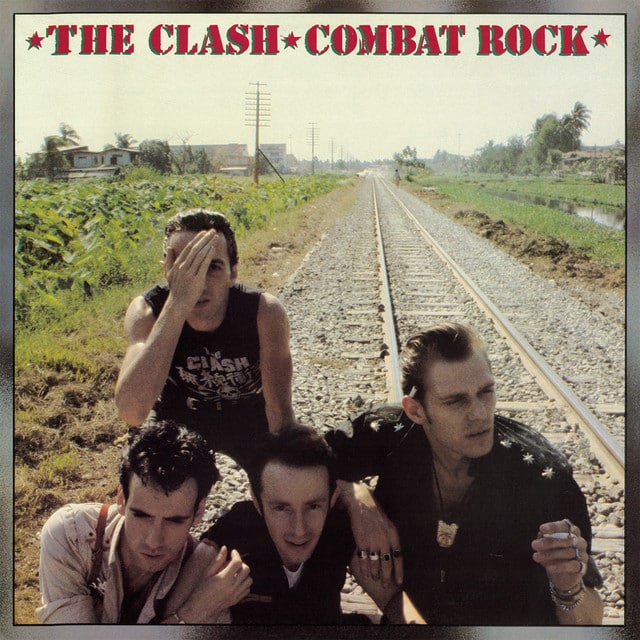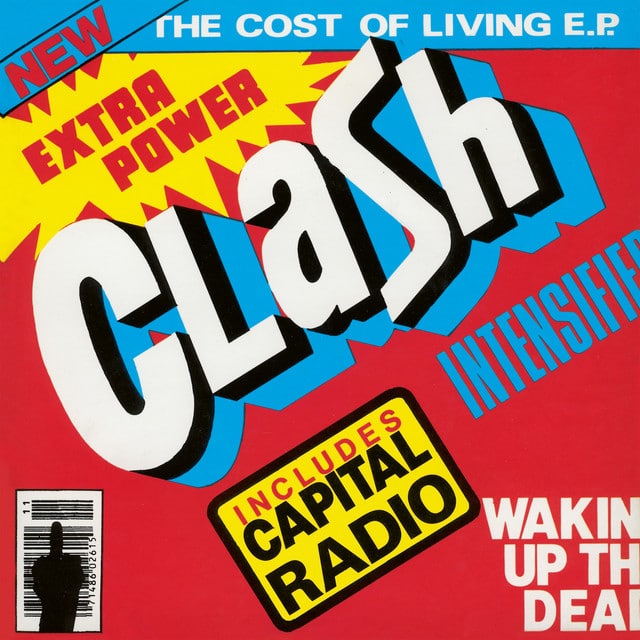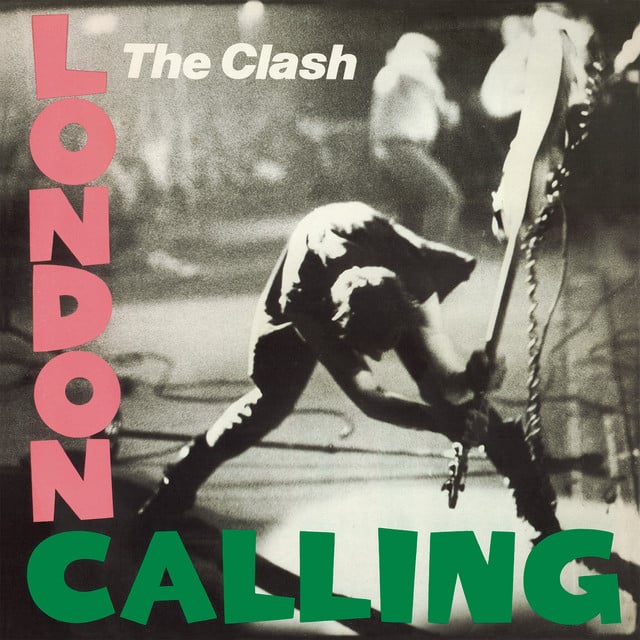Released: 1979″Spanish Bombs” by The Clash is a vivid fusion of rock energy and historical commentary, set against the backdrop of the Spanish Civil War and the ongoing conflicts that echoed its brutality. The song juxtaposes the beauty of Spanish culture with the violent upheaval of war, wrapped in the band’s characteristic punk rock ethos. It’s a tribute as much to the resilience of the human spirit as it is a lament for the horrors of warfare.
The opening lines, “Spanish songs in Andalusia / The shooting sites in the days of ’39,” immediately transport the listener to the late 1930s, during the Spanish Civil War, a prequel of sorts to World War II. The Clash isn’t just playing music here; they’re invoking the ghosts of history. “Oh, please, leave the ventana open / Federico Lorca is dead and gone” references the tragic execution of Federico García Lorca, a symbol of the artistic brilliance silenced by the war. The mention of “ventana” (window in Spanish) serves as a plea to keep the memories and the lessons of the past alive and visible.
The chorus, with its heartrending mix of English and Spanish, “Spanish bombs, yo te quiero infinito / Yo te quiero, oh, my corazón,” expresses a deep, enduring love for Spain that survives despite the horrors of war. The Clash blends languages to emphasize solidarity and affection towards the Spanish people, their struggles, and their resistance against oppression.
As the song progresses, it draws parallels between the Spanish Civil War and other conflicts—most notably the troubles in Ireland (“Back home, the buses went up in flashes / The Irish tomb was drenched in blood”) and perhaps nods to other global tensions. This technique underlines the universality of war’s impact, regardless of geography, and the repeated cycle of violence and resistance.
The lines “The hillsides ring with ‘free the people’ / Or can I hear the echo from the days of ’39? / With trenches full of poets / The ragged army, fixin’ bayonets to fight the other line” are particularly evocative. They suggest not just a historical recount but a timeless, ongoing struggle for freedom and dignity, with “poets” symbolizing the often-overlooked cultural and intellectual battles fought alongside the physical ones. The Clash is acknowledging the power of art and ideas as weapons against tyranny.
Throughout, “Spanish Bombs” serves as a moving, power-chord tribute to those who fight against oppression, blending the lines between past and present, loss and hope, beauty and destruction. It doesn’t just convey history; it feels like a rallying cry across time, urging listeners not to forget the past and its lessons. The Clash masterfully uses their platform to keep the memory and the message of these conflicts alive, proving, once again, that rock ‘n’ roll is not just sound and fury, but a force for remembering, understanding, and sometimes, healing.








